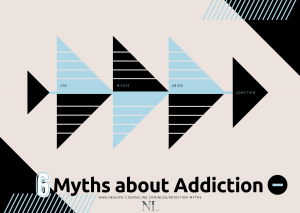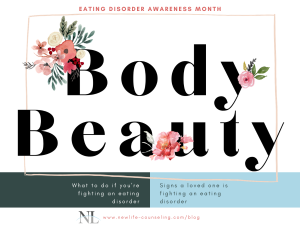Addiction & Substance Use
Bring It Back to The Basics
In a world of ever-changing health messages and diet plans vying for our attention along with the demands of life it is easy to lose sight of our most basic needs. Staying hydrated and nourished are essential to our overall well-being. These two seemingly simply elements are foundational pillars to a healthy life, and often,…
Read MoreDietary Supplements | What’s to know
There are all kinds of dietary supplements on the market today for just about anything. Not all supplements are created equal, and there is little quality standardization of these products. Unlike prescription and over-the- counter medication, the Food and Drug Administration does not establish standards for the contents of dietary supplements. With so many products on the market to choose from, an independent third-party certification program can help guide you in deciding what supplements to choose.
Read MoreFinancial Wellness
Money may be a little more on everyone’s minds this month with Tax Day right in the middle of April. Just like the need to eat and sleep, money is a piece of our everyday lives that plays a role in our overall wellness. Wellness is more than just physical health – it is multi-dimensional including physical, spiritual, mental, emotional, social, occupational, and financial health. Each area is interdependent and influenced by the others. When one area is out of balance or not working well, the other areas are affected, and all are vital for optimal health and well-being.
Read More26 Outstanding Books about Addiction and Healing
Here is a list of some favorites. Not all of these books are faith-based or written by Christians, but they are inspiring and raw. They tell the truth from the perspective of the writer, meaning that this was the life they lived and how they clawed their way out. 1. Drinking: A Love Story By…
Read More7 Wellness Books To Transform Your Health
Wellness and nutrition should be a balanced approach that focuses on what feels good to your body and what is good for your health. Being in charge of your health and well-being not only benefits you physically but mentally too. If you are struggling to break some of your eating habits or are wanting to…
Read MoreShame, Guilt, & Your Mental Health
Do you know the difference between embarrassment, humiliation, guilt, and shame and the lasting damage they could create? Learn how to shift your attitude and actions toward combating shame and guilt.
Read MoreYour Diagnosis: A Letter From A Counselor
As a counselor, I get a wide variety of people that need to talk through situational stress, relationship problems, grief and loss, patterns of behavior, trauma and all that comes with it. In honor of Mental Health Awareness Month, I wanted to take the opportunity to share three things to keep in mind if you…
Read More6 Myths About Addiction
Many people don’t understand addiction and substance abuse or dependency. They think those who struggle with addiction must lack moral substance or willpower. In reality, breaking the cycle of addiction takes far more than an iron will or even a desire to quit. Addictive substances and behaviors quite literally alter the chemistry of the brain…
Read MoreEating Disorder Awareness Month
February is National Eating Disorder Awareness and Screening Month, and it’s our mission to provide education, awareness, and empowerment to the 30 million Americans suffering from an eating disorder along with their loved ones. Eating disorders (EDs) are complicated and often misunderstood illnesses that impact people of all ages, genders, and backgrounds. It helps to…
Read More







